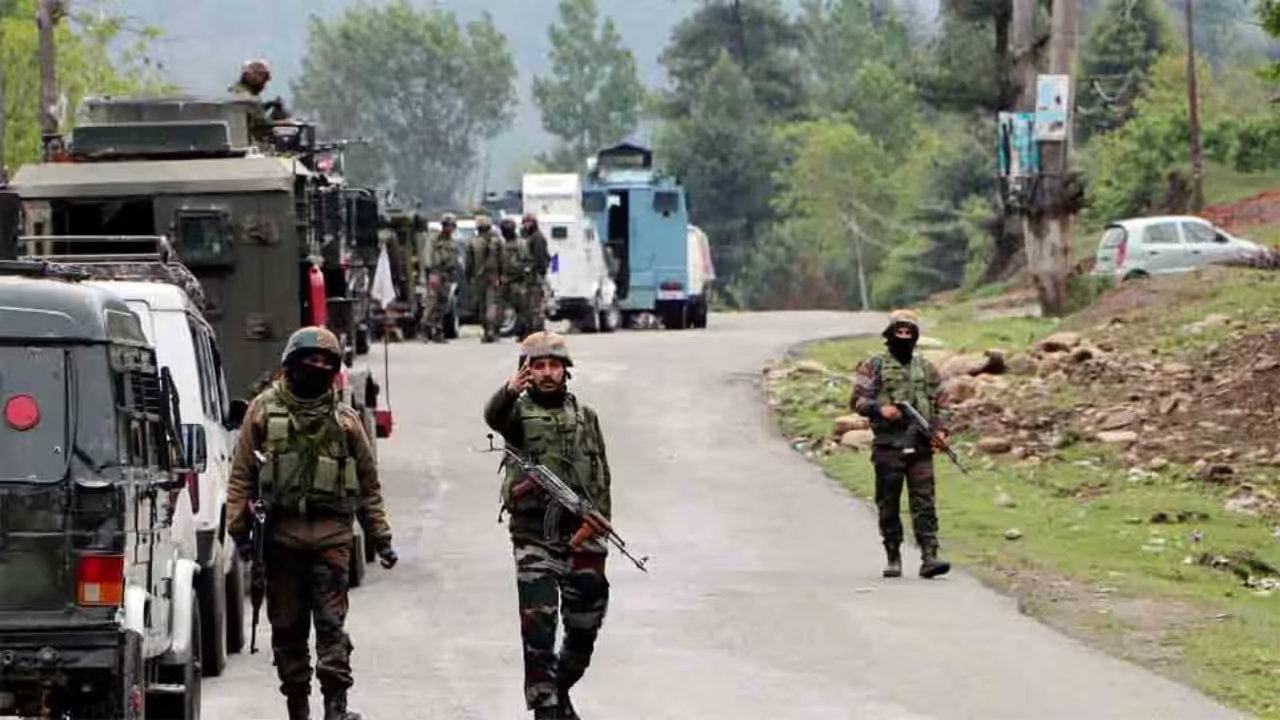The Linguistics Department at the University of Kashmir, in collaboration with the Central Institute of Indian Languages and the Society for Endangered and Lesser Known Languages, recently orchestrated a landmark event: a two-day international conference titled “India as a Linguistic Area.” This gathering served as a platform to shed light on the rich tapestry of languages in India, with a particular focus on those that often go unnoticed or are at risk of disappearing.
The conference, held on the serene campus of Kashmir University, brought together scholars, researchers, linguists, and language enthusiasts from across the globe. Their collective mission: to explore the linguistic diversity of India and to delve into the intricacies of languages that are not officially recognized or scheduled.
The event commenced with an inaugural address by the esteemed faculty members of the Linguistics Department, emphasizing the importance of preserving and promoting India’s linguistic heritage. They underscored the significance of acknowledging and studying non-scheduled languages, which are often marginalized but hold immense cultural and historical value.
Throughout the conference, participants engaged in lively discussions, panel sessions, and paper presentations, covering a wide range of topics related to linguistics, language documentation, revitalization efforts, and language policy. Scholars shared their research findings, insights, and experiences, sparking meaningful dialogue and exchange of ideas.
One of the key highlights of the conference was the spotlight on non-scheduled languages—those languages that do not have official status or recognition but are integral to the cultural fabric of India. Participants discussed the challenges faced by speakers of these languages, including language endangerment, lack of resources for preservation, and limited access to education in their mother tongues.
Additionally, the conference served as a platform for indigenous language activists and community leaders to share their initiatives and success stories in revitalizing and promoting their languages. These grassroots efforts highlighted the resilience and determination of communities striving to preserve their linguistic heritage against formidable odds.
The conference also addressed broader issues such as language policy, multilingualism, and the role of technology in language documentation and revitalization. Participants exchanged best practices, strategies, and innovative approaches to address the complex challenges facing linguistic diversity in India and beyond.
As the conference drew to a close, participants expressed their gratitude for the opportunity to collaborate, learn, and network with like-minded individuals passionate about linguistic diversity. They pledged to continue their efforts to advocate for the recognition, preservation, and revitalization of all languages, especially those that are endangered or lesser-known.
In conclusion, the International Conference on “India as a Linguistic Area” hosted by Kashmir University’s Linguistics Department served as a catalyst for advancing discourse and action on linguistic diversity and language preservation. By shining a spotlight on non-scheduled languages, the conference reaffirmed the importance of embracing India’s rich linguistic heritage and safeguarding it for generations to come.


